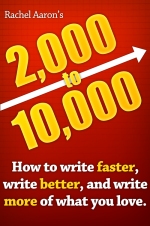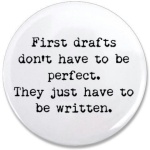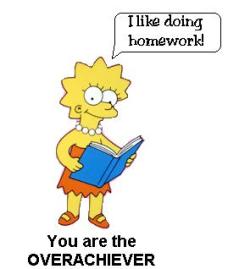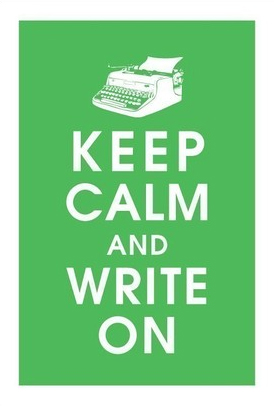 Guest Post by Sheryl Scarborough
Guest Post by Sheryl Scarborough
We shouldn’t be surprised or amazed when our writing suddenly starts to click. After all, this is what we’ve been practicing, perfecting, mastering and perhaps even MFA’ing, right? So it makes sense that as we grow as writers we will become more proficient. We will find our centers and words will flow.
But as all writers also know, the magic word faucet can suddenly and inexplicably develop a clog. So for those times – and regular times, too – I asked some of my successful writer friends to share their methods.
My friends publish a LOT of books and I’m predicting this blog will be relevant for some years to come, so I’m not listing their recent sales next to their names. Instead, I’m including a link to their websites where you will find the most up-to-date info on their publishing successes. Please do yourself a favor and check them out.
Kelly Barson, and Melanie Fishbane, don’t worry about word count per se but both of them try to get through a complete scene in one sitting. Then if they feel like they can go further, they do. I call this PACING YOURSELF.
The prolific Kekla Magoon, admits to not being very scheduled or orderly, but she writes up against DEADLINES so she sets daily goals for herself depending on chapters, pages and scenes. She also swears by Scrivener, saying it has enhanced her productivity. Kekla’s method seems to be GUN-TO-THE-HEAD + PROPER TOOLS = WORDS ON THE PAGE.
Carrie Jones, sets ridiculously low word count goals for drafting, then celebrates when she goes beyond that goal. She also points out that failure to meet her goals would result in starvation, so there is that. I’m calling Carrie’s method SURVIVAL as MOTIVATION.
Kristen Kittscher is another author/friend who advocates SCRIVENER. “Scrivener helped me speed up immensely because I feel freer to jump around and write where the energy is,” she says. I call this creativity freed through proper tools. FORGET WILLIE… FREE YOUR CREATIVITY!
 Heather Demetriios-Fehst just offered up two words – “Use SCRIVENER.” I’ll forgive her the brevity since she has already released TWO books this year. This is the third vote for Scrivener… It’s starting to have an impact on me.
Heather Demetriios-Fehst just offered up two words – “Use SCRIVENER.” I’ll forgive her the brevity since she has already released TWO books this year. This is the third vote for Scrivener… It’s starting to have an impact on me.
Tammy Subia did something she never thought she would do. She wrote a complete first draft of a novel in four months and she was anxious to share her secrets.
Tammy has identified three things that really worked for her and they might work for you, too.
- One: she set weekly word goals instead of daily ones, but she kept a daily chart of what she accomplished. She said just seeing the progress each day spurred her on the next day.
- Two: She read her first chapter to a non-writer friend who really loved it and kept asking to hear more. Consequently, she wrote more to satisfy her friend.
- Three: this might be her most important technique of all. Tammy described feeling like this book needed to be written. She wanted the story to be told so badly she couldn’t stop writing it! I’m going to call this DRIVE (and for the record I’m picturing Nick Cage behind the wheel of a muscle car when I say this.)
PICK YOUR TECHNIQUE:
Everyone seems to employ a different technique. Below is the full list. Feel free to be creative. Try on different ones. Pick and choose. Combine two or three. Experiment and see if you can’t UP your output. And if you do… write to us and let us know.
| GET A RUNNING START | Hold something back for the next day |
| DEVELOP A ROUTINE | Write everyday. |
| KNOWLEDGE + TIME + ENTHUSIASM | Know what you’re going to write, put in the time and be excited about your story. |
| PACE YOURSELF | One word after the other until you get to the end. |
| RESPECT DEADLINES | You can’t blow ‘em, so you get it done. |
| WRITE FOR FOOD | You can’t eat promises and I should’ves. |
| DRIVE | Find a story that demands to be written. |
| KEEP A WORD COUNT | Set word count goals, daily or weekly. It piles up. |
| USE SCRIVENER | Yay for sophisticated writer tools. |
As for Scrivener – I’m going to buy it and use Scrivener for my revision process. I will report back in my next blog.
Here are some Scrivener tutorials that came up in a search on Youtube.com. I haven’t looked at any of them yet… but I plan to.
Be sure to read the first half of this amazing two-part series: How to UP Your Word Count and Write Like a Boss! (Part 1)
More guest posts by Sheryl:
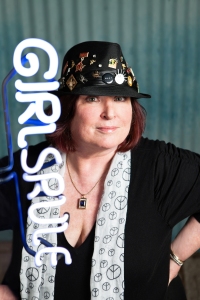 Over the years, Sheryl Scarborough has written: TV series, cartoons, comic books, graphic novels, magazine articles, Business Plans, Direct Music Marketing letters (as Mariah Carey, MC Hammer and others), Corporate Newsletters and Restaurant and Theater Reviews (for free food and great seats!) Now she writes what she really loves which are YA mysteries and thrillers.
Over the years, Sheryl Scarborough has written: TV series, cartoons, comic books, graphic novels, magazine articles, Business Plans, Direct Music Marketing letters (as Mariah Carey, MC Hammer and others), Corporate Newsletters and Restaurant and Theater Reviews (for free food and great seats!) Now she writes what she really loves which are YA mysteries and thrillers.
Follow Sheryl on Twitter: @scarbo_author
Read more by Sheryl on her blog: Sheryl Scarborough Blog





